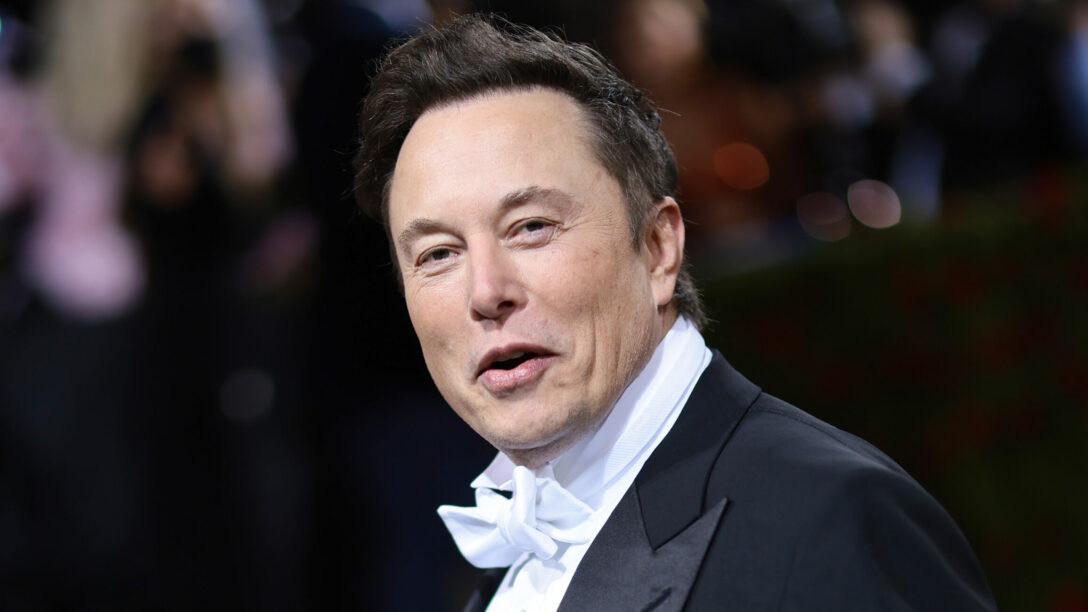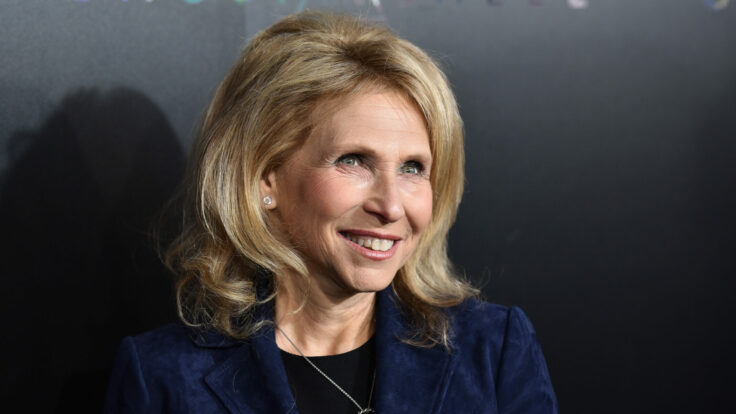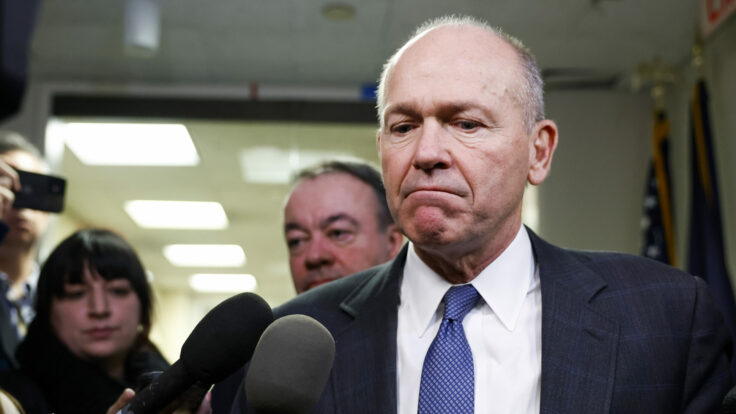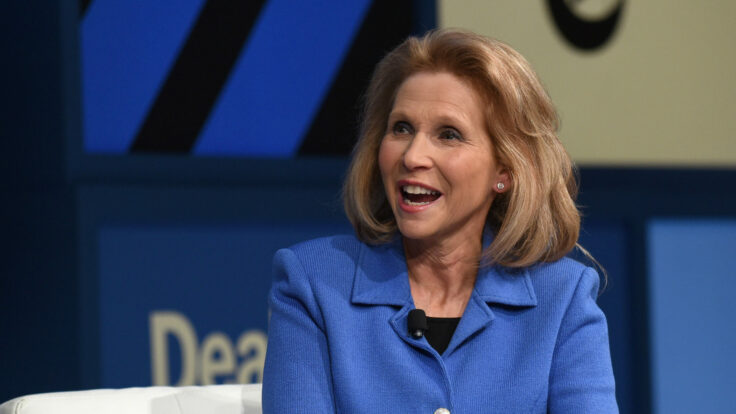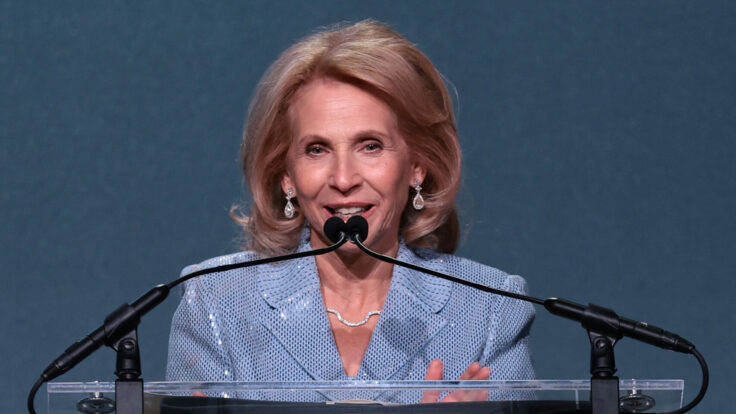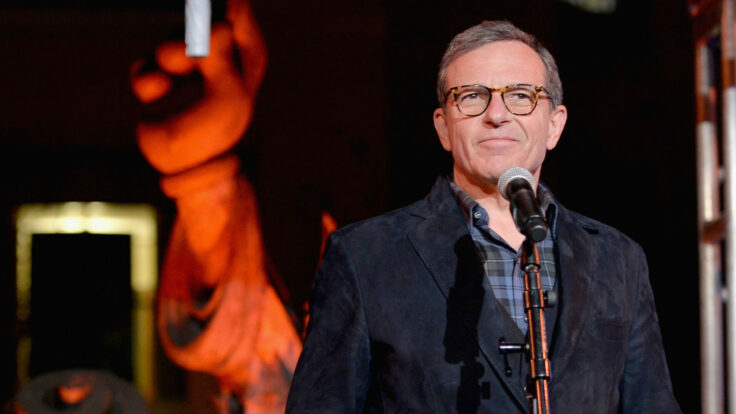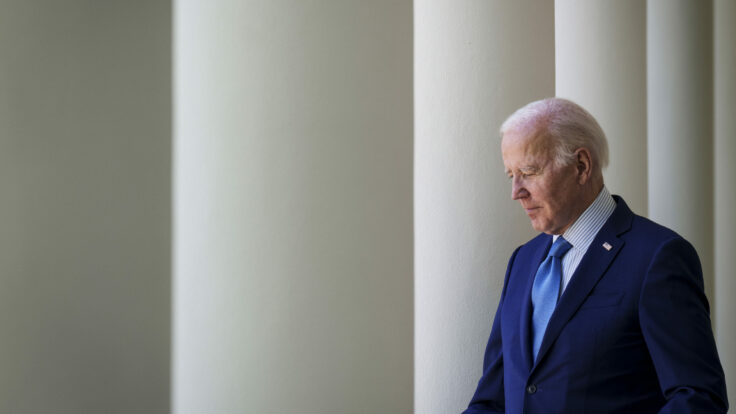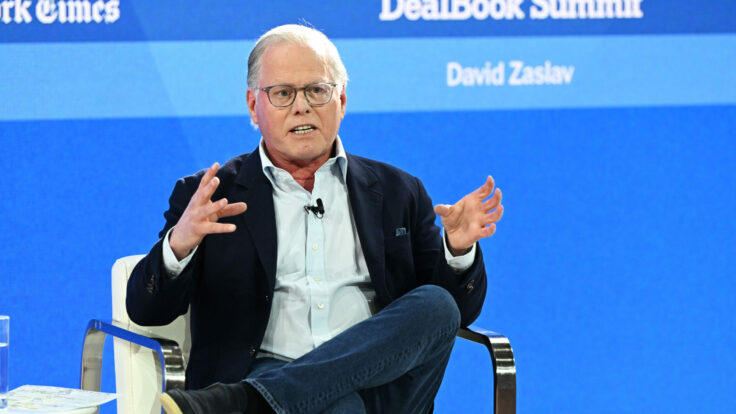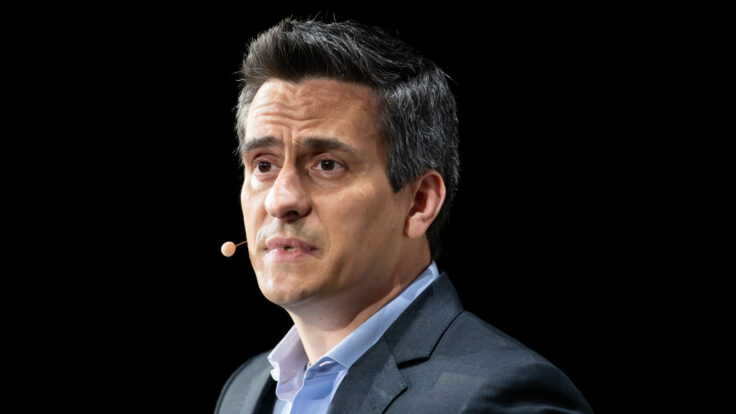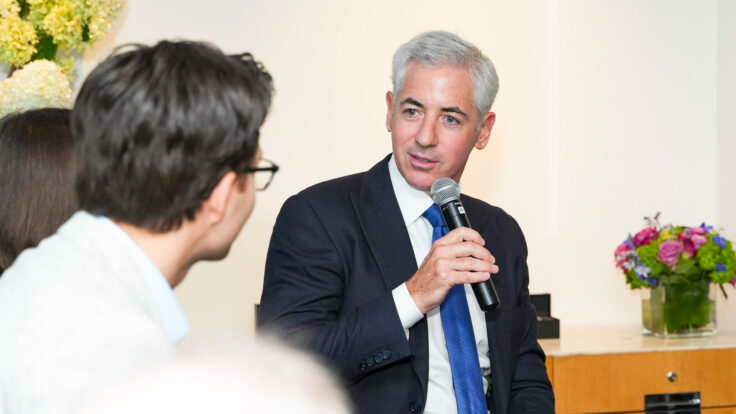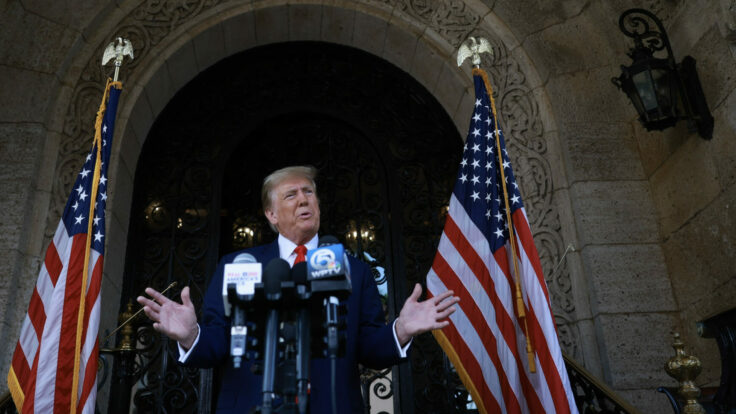It’s very early days, obviously, in the Elon Musk regime at Twitter, so even he deserves the space and time to try to implement his vision for the company. To his credit, and to my surprise, he actually closed the deal, although I still can’t imagine why, other than what would seem like a major hurdle to all but a handful of people in the world—risking $24 billion of his own money and another $7 billion committed by his friends and another $13 billion from his friendly bankers—seemed like a bit of a lark to Elon. In fact the whole episode seems like a bit of a lark to Elon. I guess if you are already the C.E.O. of Tesla (and SpaceX and The Boring Company) and you have a net worth of around $200 billion these days (down $66 billion so far this year), owning Twitter for $44 billion must seem a bit trivial, and a bit of fun, in the scheme of things.
It’s not trivial, of course, to the 7,500 employees of Twitter, who are waiting to find out if they will continue to be employed at the company. After all, Elon’s already fired the company’s top executives—the C.E.O., the C.F.O., the chief legal officer, and the general counsel. That was probably to be expected; it’s not unusual in any change of control situation for the top executives to go, especially after a fight as contentious as this one. It also wouldn’t be unusual for these executives to walk off with tens of millions of dollars to go away, although some early reporting suggests Elon might have terminated them “for cause” in a bid to avoid any such payouts. (Nothing would be more characteristic of Elon than to begin his administration with a fresh wave of lawsuits.)
